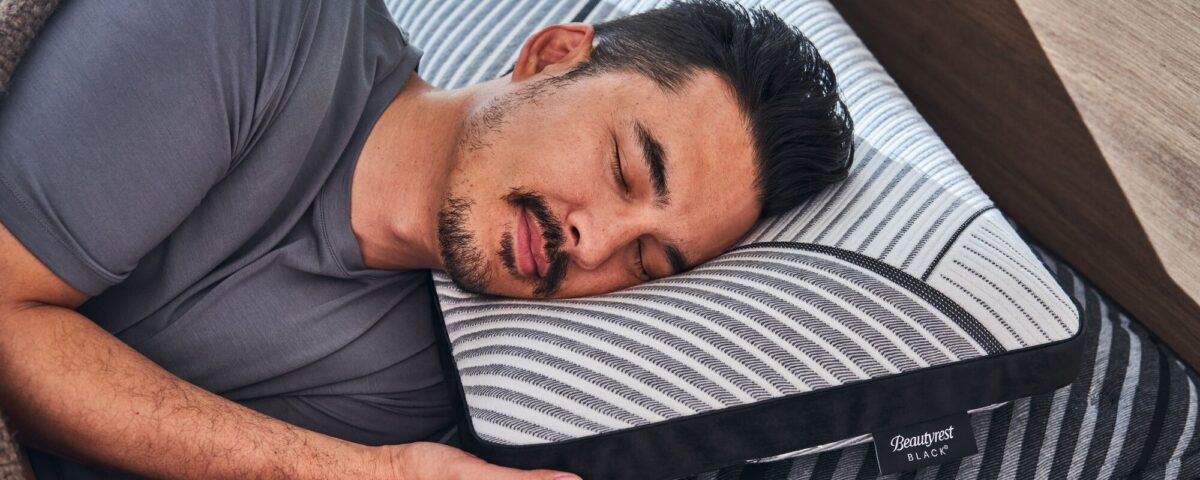3 ways to hack your sleep schedule

Sticking to a sleep schedule can be challenging. For many, it means getting up for work by 8 a.m. while carving out enough evening time to relax, spend with family, tidy up, catch up on TV, dive into hobbies, or work on personal projects.
Most people’s internal clocks naturally sync with a 10 p.m. to 6 a.m. sleep cycle, leaving them feeling refreshed (once the coffee kicks in). However, some individuals, like night owls, have a different rhythm. They tend to stay up and wake later, making it difficult to fit into a traditional schedule. While some adapt, others find it tough.
It’s not just a night owl issue, though—traveling to different time zones can throw anyone’s sleep pattern off.
So how can you adjust your internal clock to match your external one? Here are three simple tips to help get your sleep schedule back on track:
1. Manage Light Exposure
Light is a powerful signal for your body’s internal clock. It tells you when to wake and when to sleep. While sunlight is the biggest influencer, exposure to any bright light before bed can disrupt your natural rhythm. To help yourself fall asleep at the right time, reduce light exposure in the evening.
If you stay up late, try cutting down on screen time before bed. Dim the lights an hour before sleeping, or wear sunglasses indoors to reduce light intake. If you sleep in a moderately bright room (due to streetlights, digital clocks, or a partner reading), consider using a sleep mask to block excess light.
2. Exercise at the Right Time
Exercising late at night might seem like a good way to tire yourself out, but it can actually keep you awake longer. After working out, your heart rate and body temperature rise, and it takes a few hours for them to drop.
The best time to exercise is about three to four hours before bed. By then, your body will cool down and naturally transition into a restful state, making it easier to fall asleep.
3. Eat a Light Snack
A heavy meal before bed can interfere with sleep due to digestion issues, but going to bed hungry isn’t ideal either. The key is to have a light snack that promotes sleep.
Serotonin, a brain chemical that helps you sleep, is produced from the amino acid tryptophan (found in foods like turkey). Eating a small amount of carbs with tryptophan-containing foods can help trigger this process. A banana, a small piece of bread, or a glass of milk can help you drift off faster.
Lastly, the right mattress can make all the difference. If your current one isn’t cutting it, consider upgrading to a Simmons Beautyrest Black mattress, designed with memory foam and cooling gel to keep you comfortable all night long.




